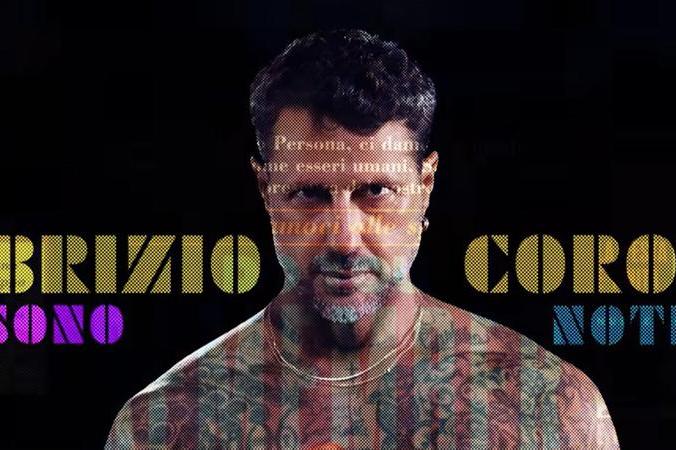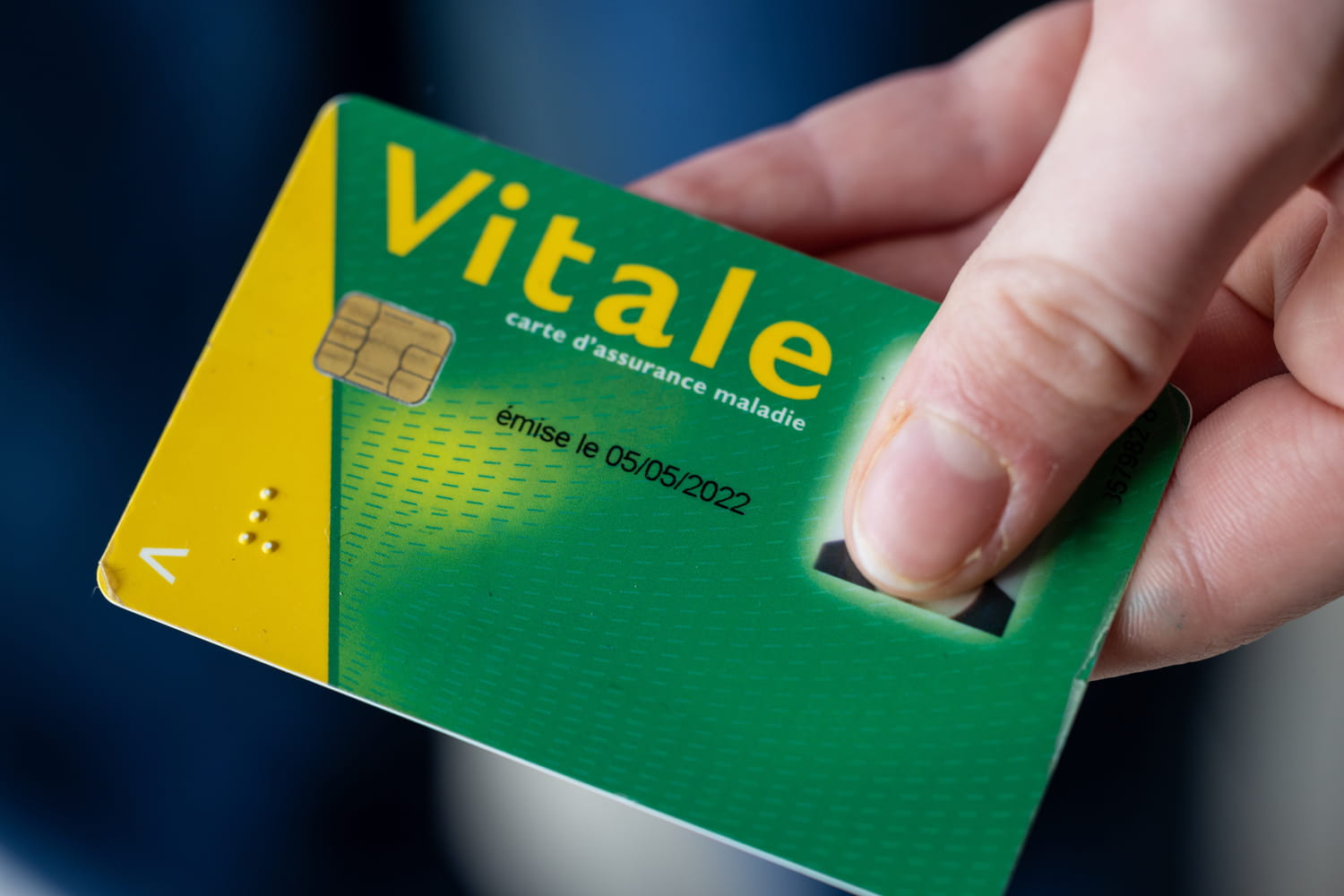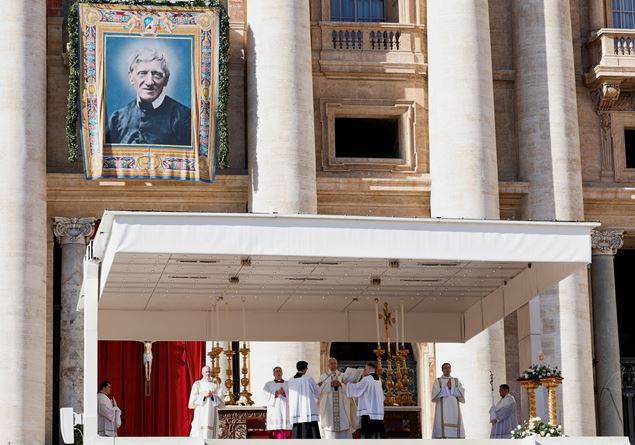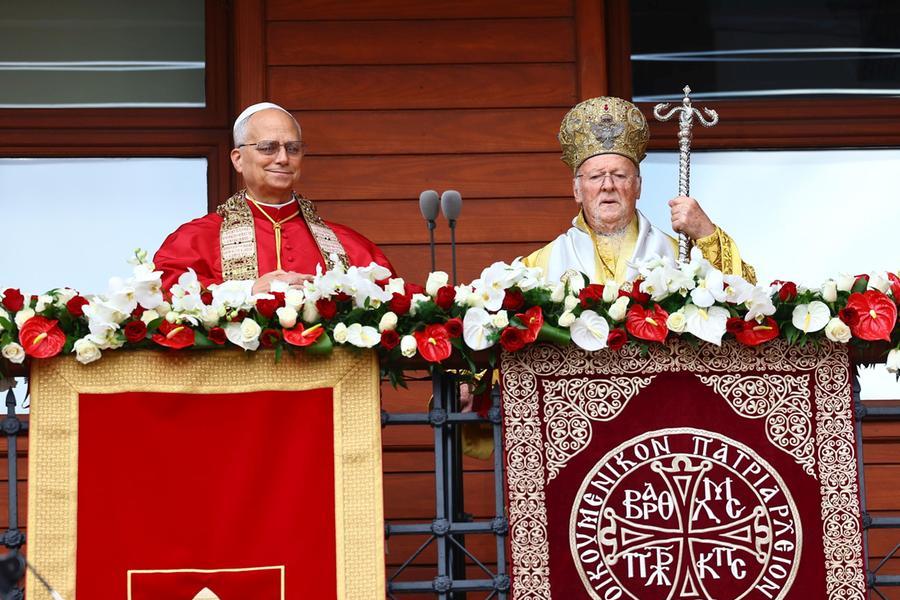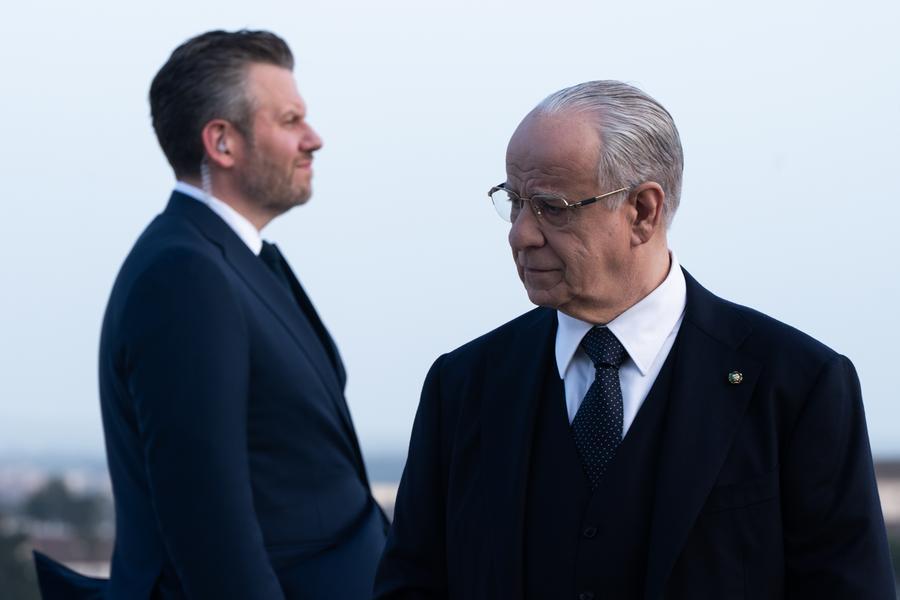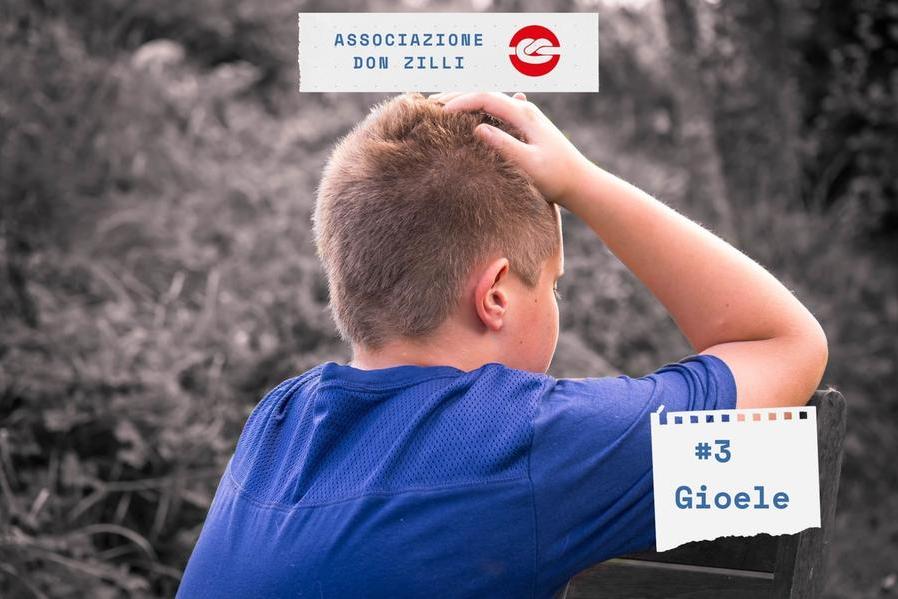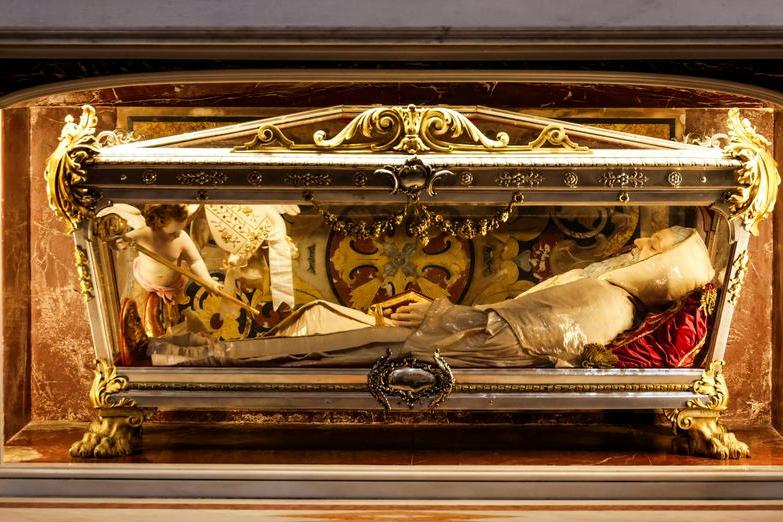«The Jubilee is a pilgrimage in hope and all of you, in the great field of education, know well how hope is an indispensable seed! When I think of schools and universities, I think of them as laboratories of prophecy, where hope is lived and continually told and re-proposed. The current challenges, at times, may seem beyond our possibilities, but this is not the case. Let’s not allow pessimism to defeat us!».
The atmosphere is particularly solemn in St. Peter’s Square packed with faithful and warmed by the autumn sun. It is the solemnity of All Saints and, also, the conclusion of Jubilee of the educational world and for this reason Pope Leo A delegation from the Anglican Church is also present in the churchyard of the Basilica.
The proclamation rite is very simple but evocative. After the penitential act, the cardinal Marcello Semeraro, prefect of the Dicastery for the Causes of Saints, accompanied by the postulator, addressed the Pope asking for the proclamation of Saint John Henry Newman as “Doctor of the Universal Church” and read his biography.
He recalled his birth in London on 21 February 1801, into an Anglican family, his ordination as a deacon of the Church of England and then as a pastor in May 1825, responsible for following university students as vicar of the parish of Oxford University. Between 1832 and 1833, during a return trip from Italy, Newman composed Lead, Kindly Light, later became a popular religious hymn.
In the following years he started the Oxford Movement with other friends, to counter the spread of religious liberalism in English universities. As an Anglican pastor and theologian, he was a staunch defender of the dogmatic principle, so much so that he was considered the greatest exponent of the so-called “High Church”.
When many Anglican clergy, mostly from the Oxford Movement, switched to the Catholic Church, Newman faced the religious crisis that led him to join Catholicism in 1845.
At the end of the reading of the biography, the Pope pronounced the solemn formula: «We, accepting the desire of many Brothers in the Episcopate and of many faithful throughout the world, having had the opinion of the Dicastery for the Causes of Saints, after having reflected for a long time and having reached a full and certain conviction, with the fullness of apostolic authority declare Saint John Henry Newman Doctor of the universal Church».
The reason why he chose the Jubilee of the educational world for this proclamation, the Pontiff explains well in the homily: «Appointing Saint John Henry Newman as co-patron, together with Saint Thomas Aquinas, of all those who participate in the educational process» is the recognition «of Newman’s imposing cultural and spiritual stature» which, Prevost hopes, «it will serve as inspiration to new generations with a heart thirsty for the infinite, available to create, through research and knowledge, that journey which, as the ancients said, takes us through aspera ad astra, that is, through difficulties up to the stars.”
The message that Leone entrusts to educators and educational institutions is clear: «“You shine today like stars in the world”», he underlines, «thanks to the authenticity of your commitment to the collective search for truth, in its coherent and generous sharing, through service to young people, especially the poor, and in the daily experience that “Christian love is prophetic, it works miracles”.
On this day the Gospel of the Beatitudes is proclaimed and the Pontiff, in his homily, focuses precisely on the meaning: «Saint Matthew, rightly, presents the Beatitudes as a teaching, portraying Jesus as a Master who transmits a new vision of things and whose perspective coincides with his path», underlines the Pope, «the Beatitudes, however, are not an additional teaching: they are the teaching par excellence. Likewise, the Lord Jesus is not one of many masters, he is the Master par excellence. More than that, he is the Educator par excellence. We, his disciples, are at his school, learning to discover in his life, that is, in the path he followed, a horizon of meaning capable of illuminating all forms of knowledge. May our schools and universities always be places where the Gospel is listened to and practiced.”
The Pope quotes “my beloved Predecessor, Pope Francis», and his speech at the First Plenary Assembly of the Dicastery for Culture and Education when he invited «to work together to free humanity from the darkness of nihilism that surrounds it, which it is perhaps the most dangerous disease of contemporary culture, as it threatens to “erase” hope».
The reference «to the darkness that surrounds us», continues the Pope, «reminds us of one of the best-known texts of Saint John Henry, the hymn Lead, kindly light (Guide me, gentle light). In that beautiful prayer, we realize that we are far from home, that our feet are wavering, that we are unable to clearly decipher the horizon. But none of this stops us, because we have found the Guide: “Guide me, Gentle Light, through the darkness that surrounds me, lead me!”. It is the task of education”, adds the Pope, “to offer this Gentle Light to those who might otherwise remain imprisoned by the particularly insidious shadows of pessimism and fear”.
Leone then launches an appeal to all educators: «Let us disarm the false reasons of resignation and impotence, and let the great reasons for hope circulate in the contemporary world. Let us contemplate and indicate constellations that transmit light and orientation in this present darkened by so many injustices and uncertainties. Therefore I encourage you to make schools, universities and every educational reality, even informal and street-level, the thresholds of a civilization of dialogue and peace.”
The Pope draws another starting point for reflection from the First Reading of the Solemnity of All Saints: «In the biblical text an elderly man, observing the multitude, asks: “These, (…) who are they and where do they come from?”. In this regard, even in the educational field, the Christian gaze focuses on “those who come from the great tribulation” and recognizes the faces of many brothers and sisters of every language and culture, who have entered full life through the narrow door of Jesus. So what then”, continues the Pope, quoting the Apostolic Exhortation Dilexit you«we must ask ourselves: “Aren’t the less gifted human beings? Don’t the weak have the same dignity as us? Those who were born with fewer possibilities are worth less as human beings, must they just limit themselves to surviving?”. The value of our societies depends on the answer we give to these questions and our future also depends on it. We add: the evangelical quality of our education also depends on this response.”
The Pope, evoking Newman’s teaching, recalls that «lLife lights up not because we are rich or beautiful or powerful. It lights up when one discovers this truth within oneself: I am called by God, I have a vocation, I have a mission, my life serves something bigger than myself! Every single creature,” he underlines, “has a role to play. The contribution that everyone has to offer is of unique value, and the task of educational communities is to encourage and enhance this contribution. Let’s not forget: at the center of educational paths there must be not abstract individuals, but people of flesh and blood, especially those who appear not to be performing, according to the parameters of an economy that excludes and kills. We are called to train people, so that they shine like stars in their full dignity.”
Finally, Leone recalls that education «in the Christian perspective helps everyone to become saints» and, in this regard, recalls the words pronounced by Benedict XVI in 2010 during the beatification in London of John Henry Newman when he «invited young people to become saints, with these words: “What God wants more than anything else for each of you is for you to become saints. He loves you much more than you can imagine and wants the best for you”».
And he concludes: «I pray that Catholic education helps everyone discover their own call to holiness. St. Augustine, whom St. John Henry Newman so appreciated, once said that we are fellow students who have but one Master, whose school is on earth and whose chair is in heaven.».
At the end of the celebration the Pope – before getting into the Popemobile and greeting the faithful up close to Via della Conciliazione – recites the Angelus in the churchyard of St. Peter’s Basilica: «The mystery of the communion of saints, which today we breathe “with full lungs”, reminds us what the final destiny of humanity is: a great celebration in which we rejoice together in the love of God, present entirely in everyone, recognizing and admiring the multifaceted beauty of the faces, all different and all resembling the Face of Christ», he said, «as we foretaste this future reality, we feel even more strongly and painfully the contrast with the tragedies that the human family is suffering due to injustices and wars. And all the more urgently we feel the duty to be builders of fraternity.” Then he greets the official delegation of the Church of England, led by His Grace Stephen Cottrell, Archbishop of York: «After the historic prayer meeting with His Majesty King Charles III, celebrated a few days ago in the Sistine Chapel, your presence today expresses the shared joy at the proclamation of Saint John Henry Newman Doctor of the Church. From heaven may he accompany the journey of Christians towards full unity.”

